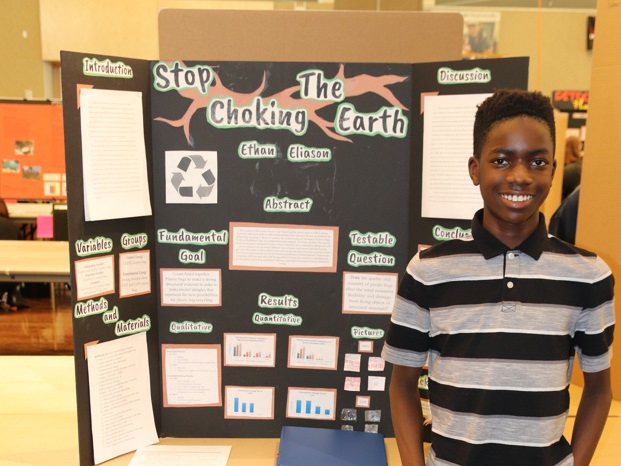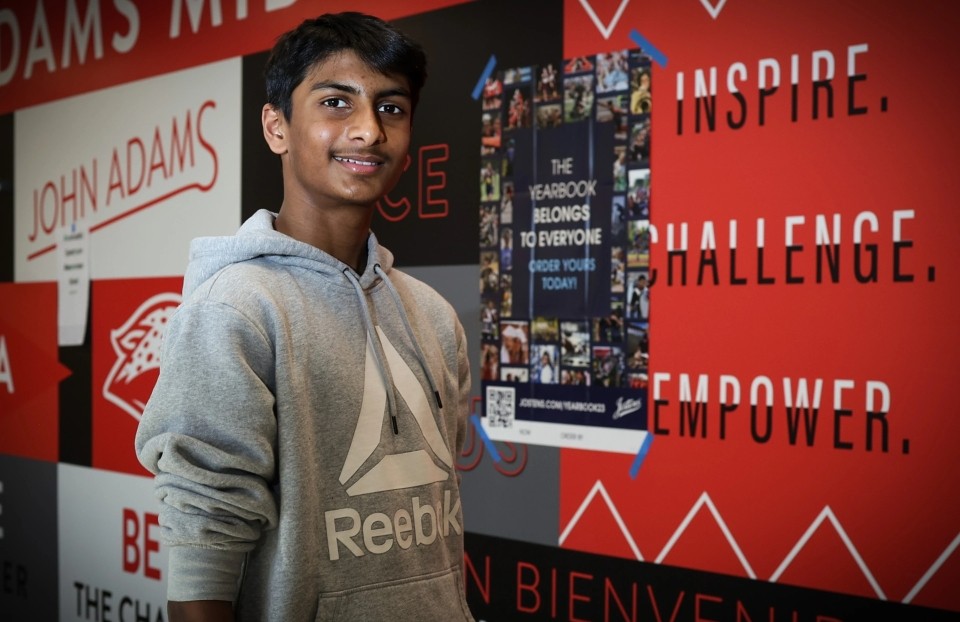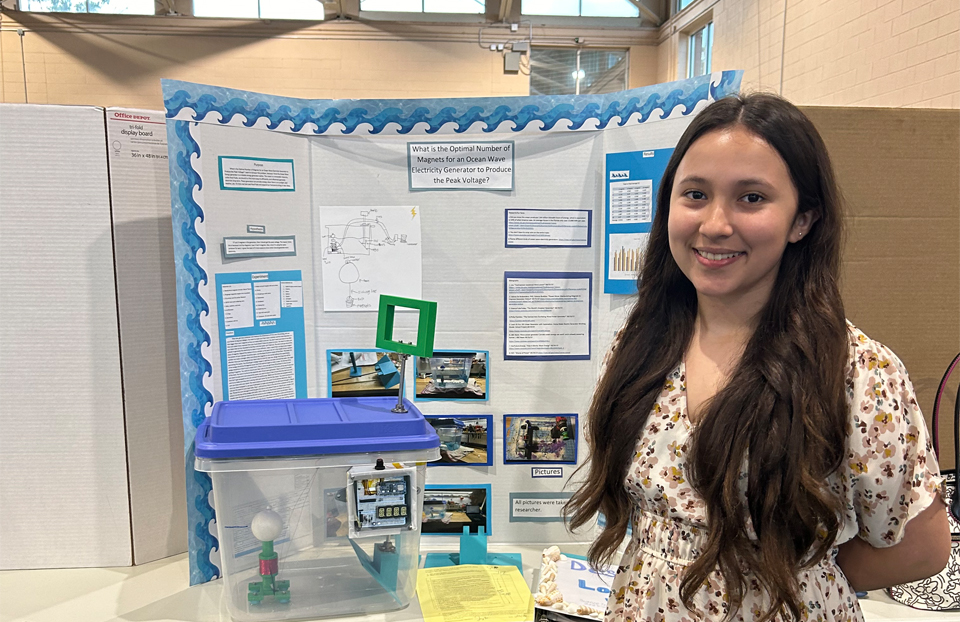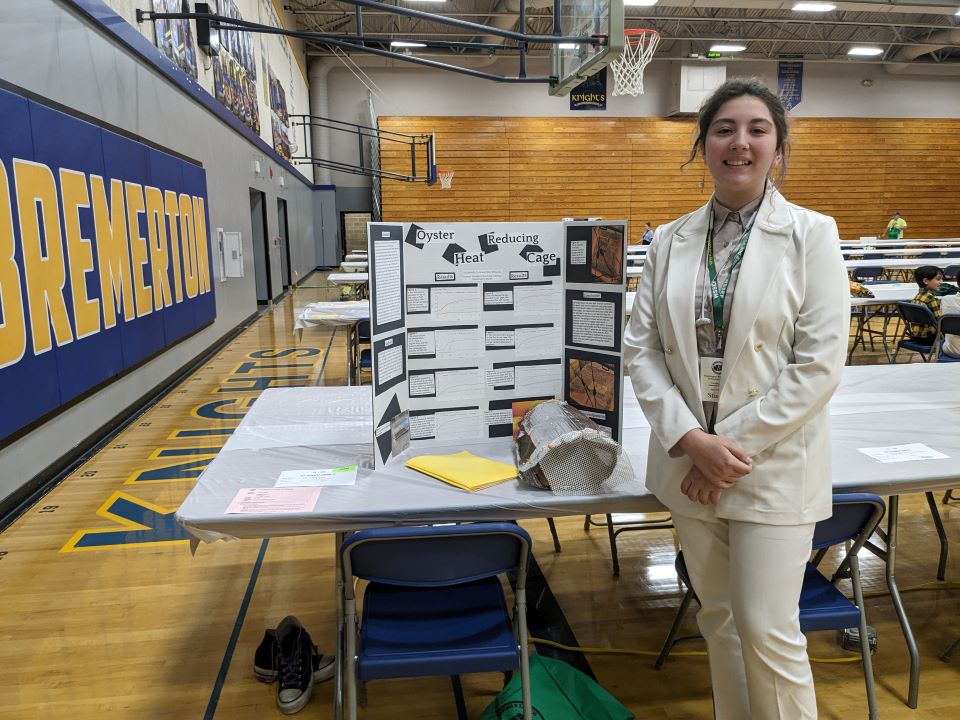Lemelson Foundation, Young & Amazing
Middle schooler finds way to reuse plastic waste

Last year, The Lemelson Foundation gave $100 awards to outstanding young inventors in Society Affiliate Fairs with middle school participants around the country. This is the second year of a three-year grant where young innovators will be recognized. The prize was especially created to reward young inventors whose projects exemplify the ideals of inventive thinking by identifying challenges in their communities and creating solutions that will improve lives.
Plastic pollution is a ubiquitous environmental problem. One middle school student, Ethan Eliason, was motivated to do something about it and his research earned him the Lemelson Early Inventor Prize at the Denver Metro Regional Science and Engineering Fair in Colorado. Ethan’s project, “Waste to Wealth,” takes plastic waste and shapes them into “bricks” to be used for building.
“The main thing that inspired my project was being able to reuse toxic materials and create something useful out of it,” Ethan explained. “Plastics are everywhere and the current options for recycling have been proven inefficient, so I wanted to create a superior alternative.” Last year, he was involved in making plastic shingles for building homes and wanted to take that idea a step further by making plastic blocks.
Ethan melted sets of 15, 20, 25 and 30 plastic bags together to form his different brick prototypes. He then conducted insulation and weight compressor tests on each. Ethan also tested the heat resistance of his blocks by putting them under a light source for different amounts of time and then measured their temperatures. This allowed him to collect data that helped him understand the limitations of his plastic blocks. While Ethan hypothesized the 30-layer block would perform best, his tests showed there were no substantial differences between the 25 and 30-layer block. In comparing the properties of his 15, 20 and 25-layer blocks, he found that the 25-layer block most resembled a concrete block.
In his invention process, Ethan reached out to construction professionals who gave him advice and information about building products. He came across a company called ByBlock that did exactly what he intended for his own blocks. ByBlock uses recycled plastic waste to make construction-grade building material. “I contacted the CEO of ByBlock during my experiment to learn the similarities and differences in our materials,” Ethan explained. “I was able to revise my designs and test them for efficiency.”
Making the blocks was the most time-consuming part of the invention process for Ethan, but it was worth it given how much he enjoyed sharing his research with others at his science fair. “This recognition means my project is valuable,” he expressed. “Winning the Lemelson Early Inventor Prize has given me inspiration to continue my journey of reusing the toxic waste we call plastic.”
In March, Ethan had started work to improve his design, but stay-at-home orders put his progress on hold. He plans on restarting his project once it is safe to do so.
For Ethan, this is not a fleeting interest. When asked what he would invent if he had all the resources in the world, he replied, “I would continue my science project and build life-sized, stable plastic buildings for developing countries.”


